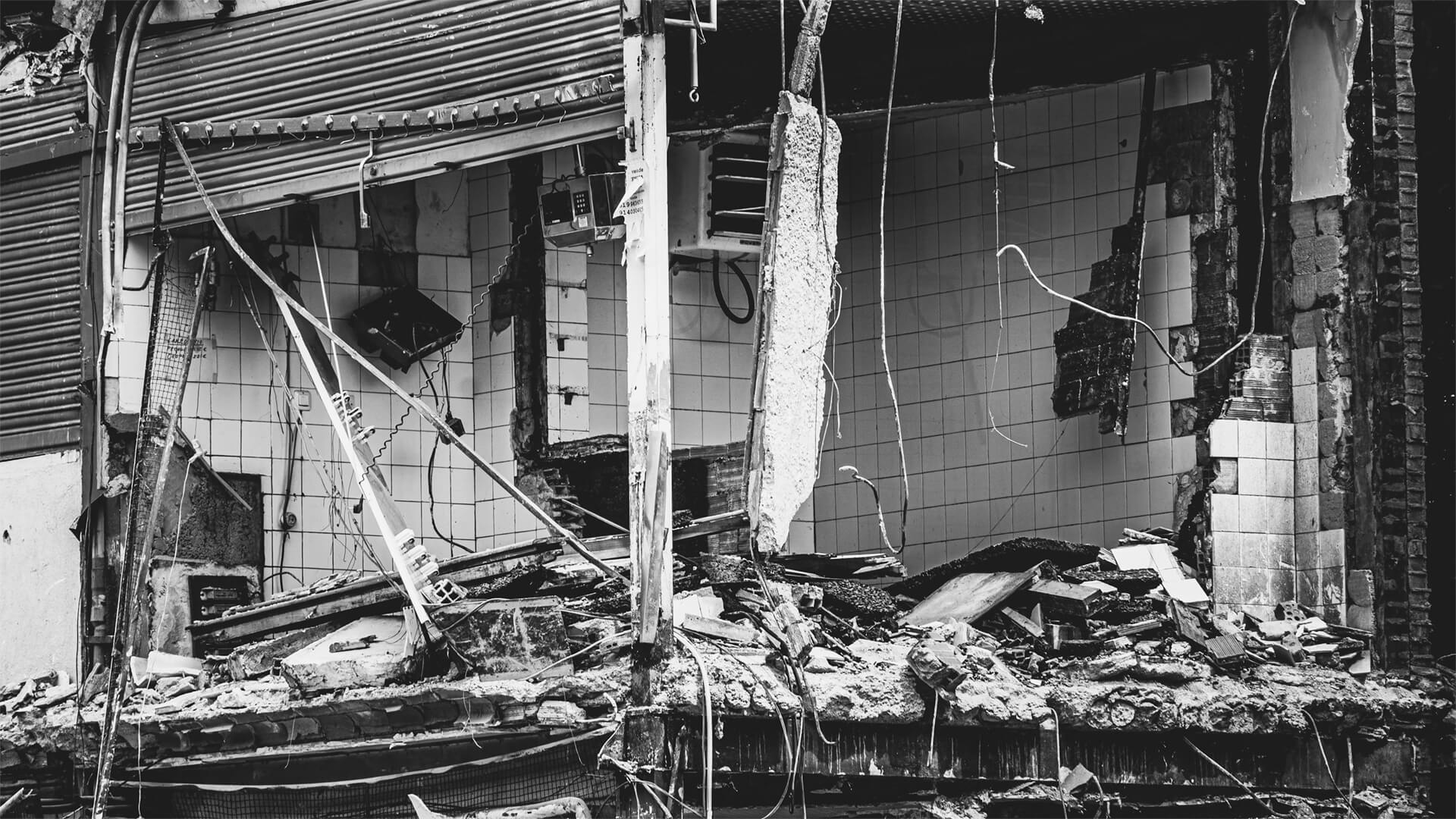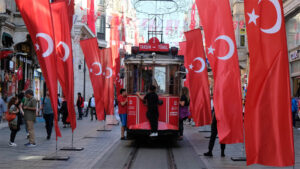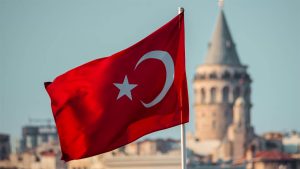In the early hours of Monday, Feb. 6th, an earthquake with a magnitude of 7.8 hit the city of Gaziantep in southern Turkey. The quake was felt across Turkey and deep into Syria, leaving behind a path of deadly destruction.
At the time of recording, the death toll in Turkey and Syria was in the 2,000s. At the time of scheduling this newsletter, the death toll in Turkey and Syria is well above 3,500 and will continue to rise throughout the coming days.
Natural disasters happen at random, but that doesn’t mean they can’t also be geopolitical events. The 2011 Togoku earthquake/tsunami that took the Fukushima-Daiichi nuclear reactor offline had grave consequences for global nuclear energy policy. In Turkey’s case, expect Sweden and Russia to offer humanitarian aid and try to get back into Ankara’s good graces.
Prefer to read the transcript of the video? Click here
Here at Zeihan On Geopolitics we select a single charity to sponsor. We have two criteria:
First, we look across the world and use our skill sets to identify where the needs are most acute. Second, we look for an institution with preexisting networks for both materials gathering and aid distribution. That way we know every cent of our donation is not simply going directly to where help is needed most, but our donations serve as a force multiplier for a system already in existence. Then we give what we can.
Today, our chosen charity is a group called Medshare, which provides emergency medical services to communities in need, with a very heavy emphasis on locations facing acute crises. Medshare operates right in the thick of it. Until future notice, every cent we earn from every book we sell in every format through every retailer is going to Medshare’s Ukraine fund.
And then there’s you.
Our newsletters and videologues are not only free, they will always be free. We also will never share your contact information with anyone. All we ask is that if you find one of our releases in any way useful, that you make a donation to Medshare. Over one third of Ukraine’s pre-war population has either been forced from their homes, kidnapped and shipped to Russia, or is trying to survive in occupied lands. This is our way to help who we can. Please, join us.
CLICK HERE TO SUPPORT MEDSHARE’S UKRAINE FUND
CLICK HERE TO SUPPORT MEDSHARE’S EFFORTS GLOBALLY
TRANSCIPT
Hey everyone. Peter Zeihan here coming to you from somewhere in Florida. On Monday, the 6th of February in the early hours, an earthquake hit the city of Gaziantep in south central Turkey, which is hard up on the Syrian border. And the destructive capacity of it was 7.8 on the Richter scale. It was felt as far away as Hatay, which is where the Turkish territory meets the Mediterranean as well as, well into Turkish Kurdistan. And of course throughout most of Syria.
Devastation is considerable. This is definitely the strongest earthquake that has hit the area in about 20 years. Early death estimates are already well over 2000. They’ll probably be over 20,000 within a week. When earthquakes hit this area, they can really be awful. We are in a very seismically active area here and a lot of the construction is not what you consider up to, say, a Japanese style standard. So the idea that you could actually reach 100,000 deaths is not out of the ballpark.
Earthquakes are often geopolitical events, not in that they wreck countries, although they do, but instead they provide opportunities for diplomatic breakthroughs. And as regards Turkey, at this moment, there’s really two countries that would be really, really looking to provide some aid in order to tilt politics and Turkey in their direction.
The first one would be Russia. Turkey is one of the very few outlets that the Russians have right now for getting their trade in and out. And the Turks have been acting as middlemen. So if the Russians were able to provide some sort of diplomatic and economic emergency assistance and bridge building relief crews, that sort of thing, then you could see some significant warming in relations. The problem, of course, is that all the Russians’ capacity is already spoken for in Ukraine, and it’s not clear that it’d be worth the Russians time to pull people off of the front lines in order to give supply to the Turks. The Russians have something called the Disasters Ministry, which is actually really good at doing stuff like this. Used to be run by Shoigu, who’s the current defense minister, but it’s really just a paramilitary arm of the government, and it’s just completely spoken for already.
The second group that would have an interest of maybe tilting things diplomatically with the Turks would be the Swedes. The Swedes have been trying to get into NATO’s for about a year now, and the Turks have been threatening to veto over membership because of the Swedes taking a certain position on Kurdish issues with the Turks think is FEMA to them being an alliance. But if Sweden, which does have some spare capacity and does have a good record of humanitarian effort, even with the Kurds, were to provide that with the Turks, it might just provide the sort of opening that the Swedes need to get over Turkish hesitance in terms of letting them join the alliance.
So those are two to watch for. You won’t have to wait very long. This is the kind of thing that either happens or it doesn’t within just a couple of days because after that it’s too late and the people buried under the rubble are already gone. So we’ll know soon.
That’s it for me. Until next time.







